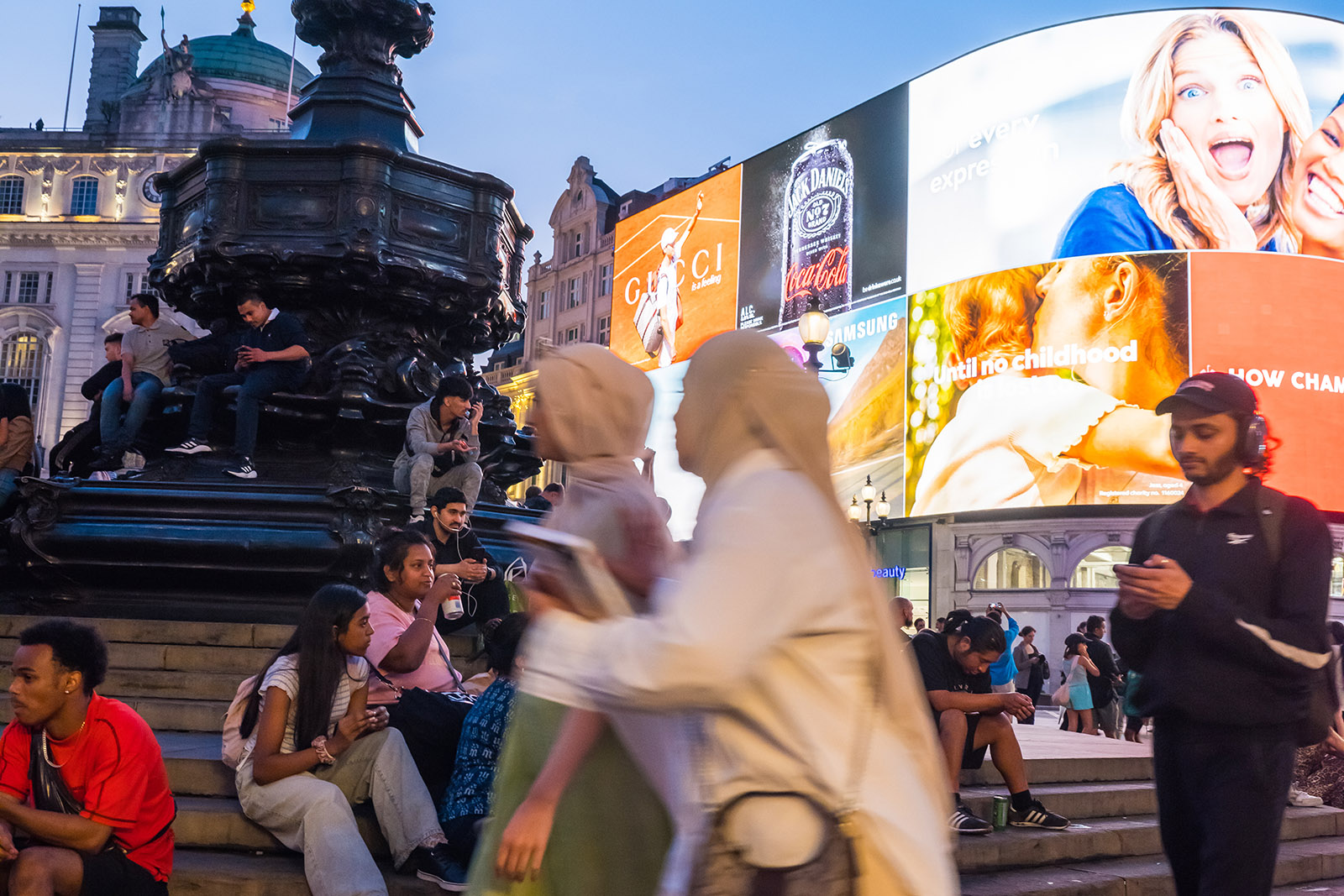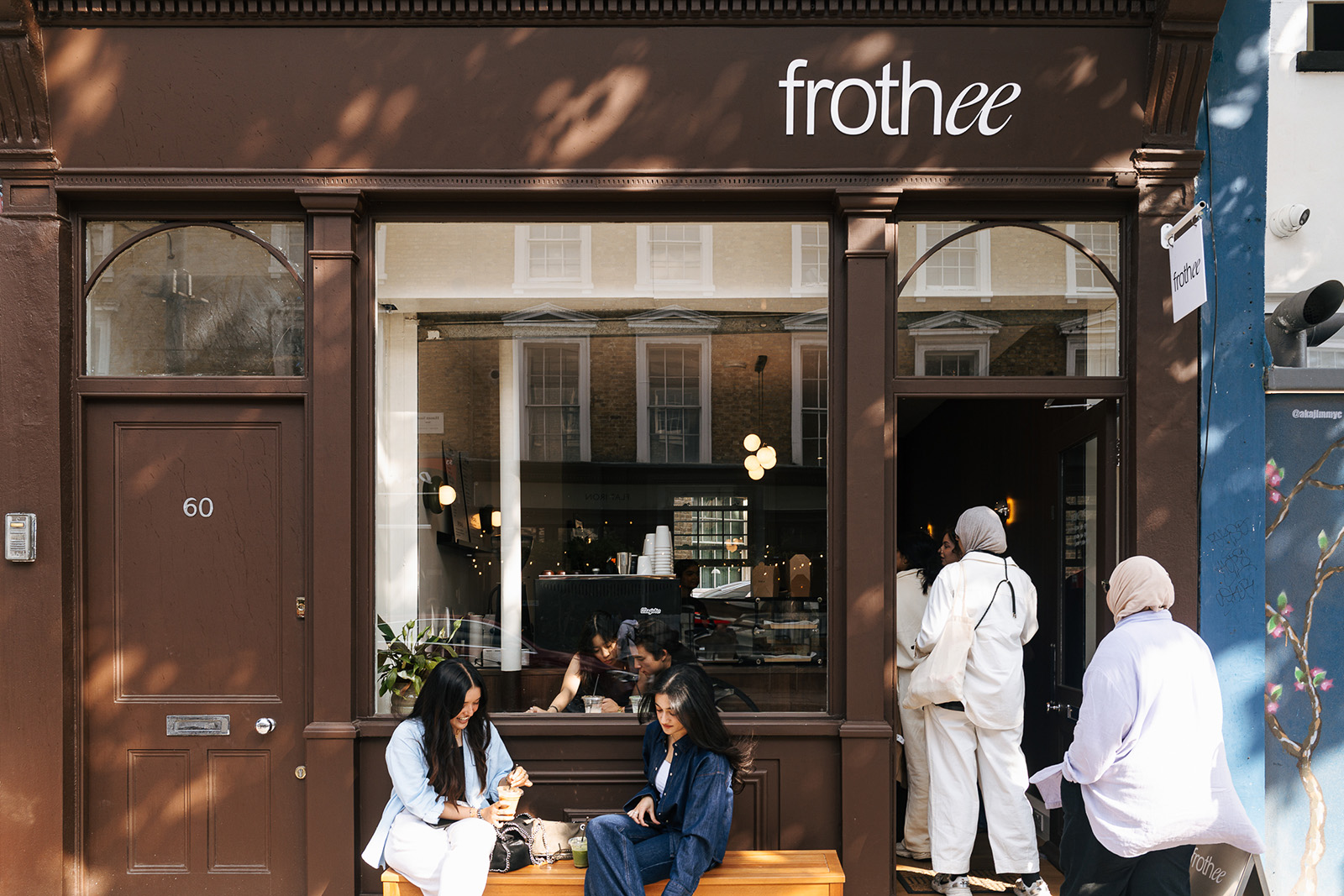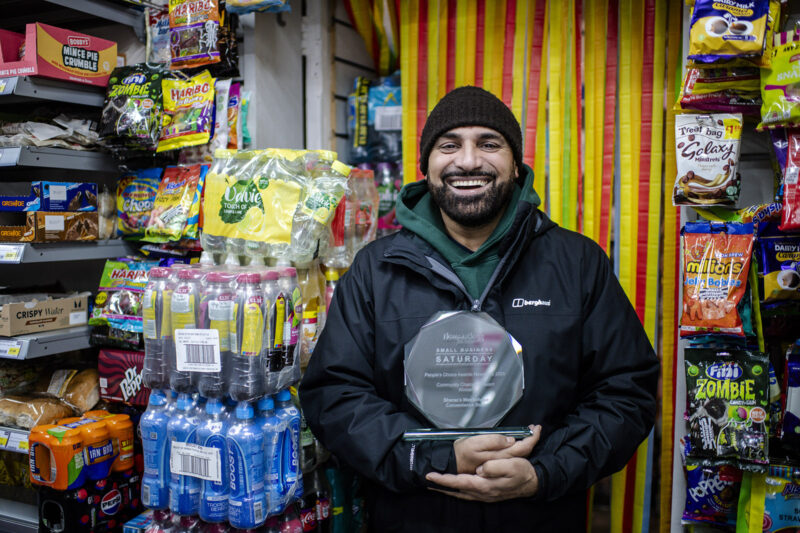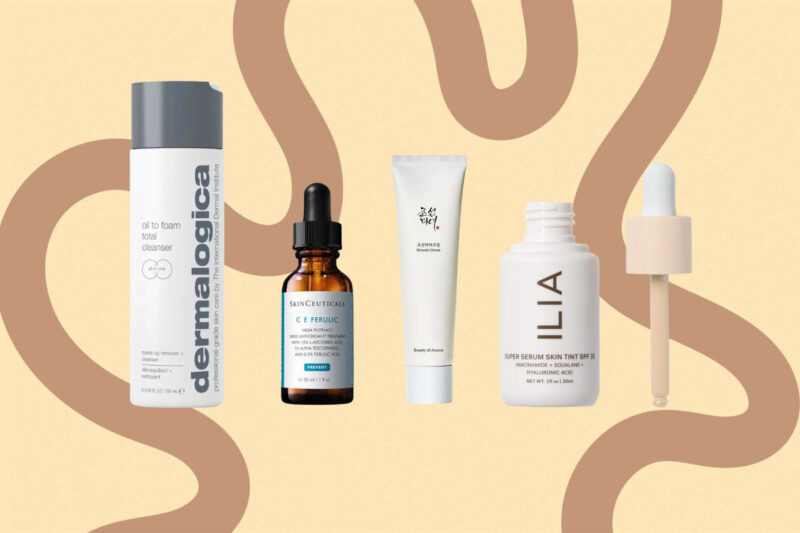‘People still want nightlife — just not alcohol’: experts call for government to support alcohol-free nightlife

A decade-long decline in alcohol consumption is prompting a reexamination of how young people want to socialise
Policy experts are calling on the government to support late-night openings of alcohol-free venues, as new research shows British youth are shifting away from alcohol.
A new report by the thinktank Equi highlights a decade-long decline in alcohol consumption and argues that the UK’s traditional pub-centred nightlife no longer reflects how young people in particular want to socialise.
According to the research, 39% of 18-24-year-olds do not consume alcohol, and nearly half of all drinkers say that they plan to cut down or quit completely. Yet, alcohol misuse still costs the UK £40bn a year, including almost £6bn to the NHS, reports Equi.
Dr Jennifer Philippa Eggert, director of policy and research at Equi, says the shift is both cultural and economic. “Declining alcohol consumption impacts our public spaces,” she said. “If fewer people drink, fewer people want to go to places centred around alcohol. Pubs are closing at a rate of one a day. We need to rethink how we approach socialising and nightlife in Britain.”
The report, A Teetotal Britain? Learning from Faith Communities, recommends that the Department for Culture, Media and Sport (DCMS) help diversify nightlife by allowing alcohol-free spaces, such as cafes, museums, and parks to extend opening hours. It also calls for targeted support for alcohol-free businesses through local planning, licensing and funding.
Eggert argues that alcohol-free spaces offer a practical route to safer streets, reduced pressure on the NHS and a more inclusive public life. She points to existing examples led by Muslim and other faith communities, where abstinence has long been the norm.
“This isn’t about taking anything away from anyone,” she said. “It’s about broadening options. People avoid alcohol for all kinds of reasons — cultural, religious, health-related, or simply not liking being around intoxicated crowds.”
While the report identifies successful alcohol-free spaces in Birmingham and London — including the halal drive-in A38 Last Exit, upmarket restaurant chain Coco and late-night coffee spot Kismet Café — similar venues are emerging across the UK.
One is Nour Maison, an alcohol-free French-Arabic brasserie in Milton Keynes that stays open daily and year round from 9am to 10pm. According to the owner, who goes by Mo G, the goal was always to create a space where people from any background could relax, eat and socialise late into the evening without alcohol.
“I wanted to create a dining experience that blends Arabic and European culture — something for everyone,” he said.
Nour Maison’s success in just one year of trading has exceeded Mo’s expectations and has attracted a diverse crowd. “Being an alcohol-free business and having about 45% of our guests from a white/European background is an achievement for me. I didn’t realise how many people would choose this kind of environment.”
But late openings pose additional challenges — while Nour Maison is packed during the day, footfall drops significantly after 5pm.
“People still don’t realise we’re open until 10pm. They assume cafes close at 5pm,” he said.
Still, Mo says the demand for alcohol-free evenings is real and growing. “The shift is growing — people are more aware of their wellbeing. They want somewhere calm to sit, eat and talk without alcohol. I’ve been in hospitality for over a decade — I’ve never seen this many people choosing to eat out without feeling they need a bottle of wine next to them.”
Equi’s report argues that supporting such venues through discounted business rates, simplified late-opening permits, and visibility in local planning could revive the UK’s high streets while offering safer alternatives to alcohol-centred nightlife.
For Mo, even modest support would make a difference. “Financial support would help — reducing business rates, a bit of funding, even help with marketing,” he said. “Support would let us try more things, have events, and actually build the evening trade.”
With younger generations turning away from alcohol and new alcohol-free spaces growing across the country, experts argue that now is the moment for the government to act.
“People still want nightlife,” Eggert said. “They just don’t all want alcohol. We can build spaces that reflect how Britain is changing.”
 Newsletter
Newsletter















